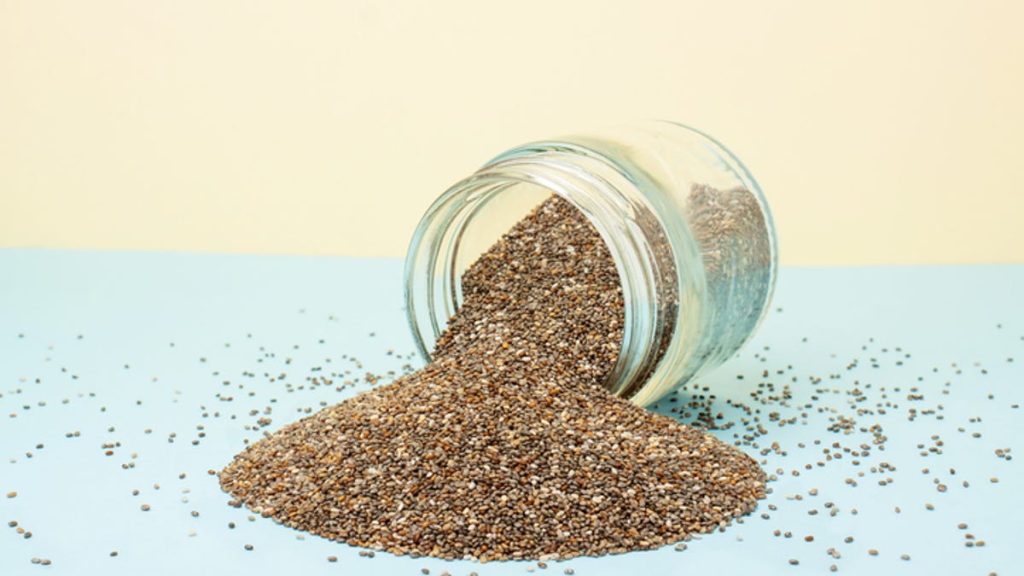CNET’s expert team, leveraging over 25 years of experience, reviews and evaluates a wide array of products and services monthly. In the realm of health and wellness, fiber supplements are increasingly recognized for their contribution to overall well-being. This comprehensive guide delves into the importance of fiber, the different types of fiber supplements available, and how to choose the best one for individual needs.
Fiber is a crucial carbohydrate that plays a pivotal role in maintaining a healthy digestive system. Its benefits extend beyond digestion to include lowering cholesterol, preventing constipation, aiding in weight loss, and regulating blood sugar levels. However, despite its significance, many people fall short of the recommended daily fiber intake. While fiber-rich foods like lentils and chia seeds can help bridge this gap, fiber supplements offer a convenient way to boost fiber consumption and support digestive health.
The market offers a diverse range of fiber supplements, classified by source, including naturally derived options, sugar-free varieties, and organic formulations. The two primary types of fiber found in supplements are soluble and insoluble fiber. Soluble fiber dissolves in water, contributing to lower blood sugar and cholesterol levels. Insoluble fiber, on the other hand, facilitates the movement of food through the digestive system, promoting regularity.
CNET’s experts, with their extensive background in researching vitamins and supplements, have compiled a list of top-rated fiber supplements for 2025. These selections take into account factors such as price, fiber type, ingredients, and additional certifications that guarantee product quality and purity. While individual testing of these supplements has not been conducted in-house, the recommendations are based on thorough research and analysis.
Among the recommended fiber supplements, Benefiber Original emerges as a budget-friendly choice, offering soluble fiber at a low cost. Vitafusion Fiber Well Fit Gummies caters to children and those with difficulty swallowing pills, providing a sugar-free, flavorful option with added B vitamins, folic acid, and biotin. For those seeking a whole-food fiber source, Spectrum Essentials Organic Ground Chia Seeds offer a fiber-rich option with the added benefit of omega-3 fatty acids.
Metamucil’s sugar-free fiber powder, a psyllium husk-based supplement, targets digestive health, appetite control, cholesterol reduction, and blood sugar management. NOW Supplements’ psyllium husk powder presents another affordable choice containing both soluble and insoluble fiber, making it suitable for addressing constipation. Garden of Life Organic Fiber Supplement boasts a blend of natural ingredients, providing both soluble and insoluble fiber without added sugars.
When selecting a fiber supplement, several factors warrant consideration: the type of fiber (soluble or insoluble), dosage, included ingredients (sweeteners, gluten, added vitamins and minerals), and the form of the supplement (powder, gummy, or whole food source). Starting with a lower fiber dose and gradually increasing it can mitigate potential side effects like bloating or gas. Women should aim for 21 to 25 grams of fiber daily, while men should target 30 to 38 grams.
Fiber’s role in managing blood sugar, hunger, and digestion stems from the body’s inability to break it down. As fiber passes through the digestive system undigested, it adds bulk to stool, softening it and promoting easier passage. Fiber-rich foods, including beans, edamame, berries, pears, apples, Brussels sprouts, broccoli, chia seeds, carrots, beets, quinoa, and oats, are essential components of a healthy diet.
Fiber supplements can provide notable benefits, including improved regularity, blood sugar control, cholesterol management, and support for a healthy digestive system. While generally safe for daily use, they should be used to complement, not replace, fiber intake from food sources. Starting with a lower dose and gradually increasing it, along with adequate water intake, can minimize potential side effects like constipation. Choosing the right fiber supplement depends on individual needs and preferences, considering factors like fiber type, dosage, ingredients, and form.

